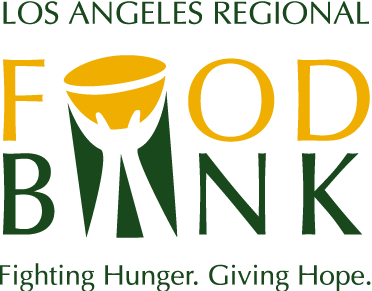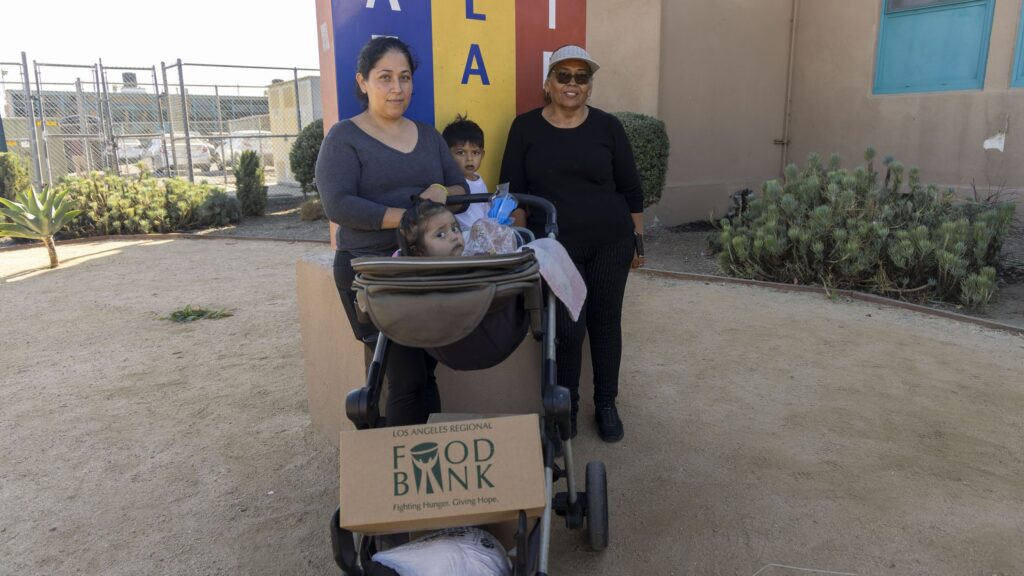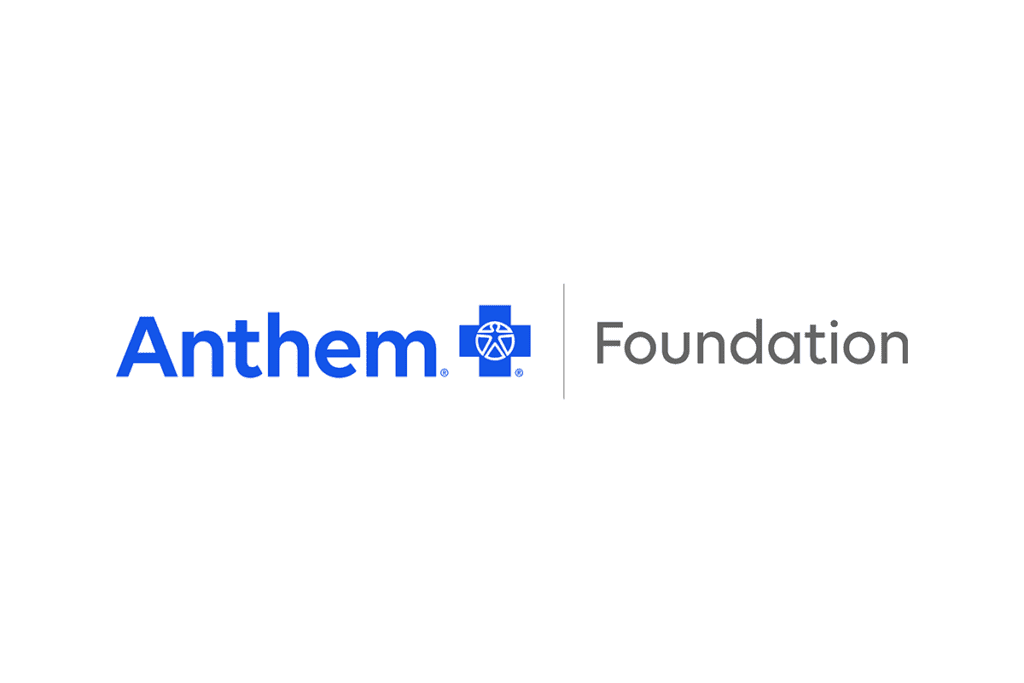Healthful Habits: Cultivating Wellness
Healthful Habits: Cultivating Wellness
The information presented below is strictly intended for general information purposes only and is not meant in any way to substitute or replace the medical advice from your healthcare provider or professional. Please consult your healthcare provider or a healthcare professional for any advice or guidance on whether the information and recipes presented are suitable or appropriate for you. The Los Angeles Regional Food Bank does not assume any responsibility or liability for disease-specific dietary needs, allergic reactions, food sensitivities, or other food or drug-related reactions.
February is American Heart Month, a time to reflect on lifestyle habits and focus on cardiovascular health. High blood pressure is one of the most common risk factors for heart disease (NIH, 2021). By following the DASH (Dietary Approaches to Stop Hypertension), we can help reduce blood pressure and encourage better eating habits. The plan emphasizes consuming whole grains, fruits, vegetables, beans, nuts, fat-free dairy, fish, and poultry. Here are some tips on how to practice it in your daily lives!
- Switch out processed snacks and replace them with whole fruit and vegetables, raw unsalted nuts or seeds, fat-free yogurt or unsalted popcorn.
- Add a serving of fruits and vegetables to every meal, especially lunch and dinner.
- Instead of consuming a piece of pie for dessert, replace it with a nice whole fruit or dark chocolate with 80% or more cacao.
- Consume less meat by opting for “Meatless Mondays” and try plant-based proteins like beans, tofu or garbanzos, and for the rest of the week, choose lean meats and fish.
- Choose low to no sodium versions of foods.
- Replace salt with other seasonings! Use salt-free seasonings such as pepper, cayenne, cumin and even lime juice. Get all the flavor, yet none of the sodium!
- Try to eat potassium-rich foods (if there is no issue with any medications already taken). Increasing potassium intake can help reduce hypertension, so try incorporating foods such as bananas, oranges, cherries, avocados, leafy green vegetables, sweet potatoes, beans, nuts, and salmon (NIH, 2021).
Following any of these recommendations can improve your health and help prevent heart disease. Choose to live a better heart heart-healthy life!
Works Cited
“Dash Eating Plan.” National Heart Lung and Blood Institute, U.S. Department of Health and Human Services, www.nhlbi.nih.gov/education/dash-eating-plan. Accessed 19 Jan. 2024.
The levels of food and nutrition insecurity are high in our communities. Consider making a difference by donating today.





